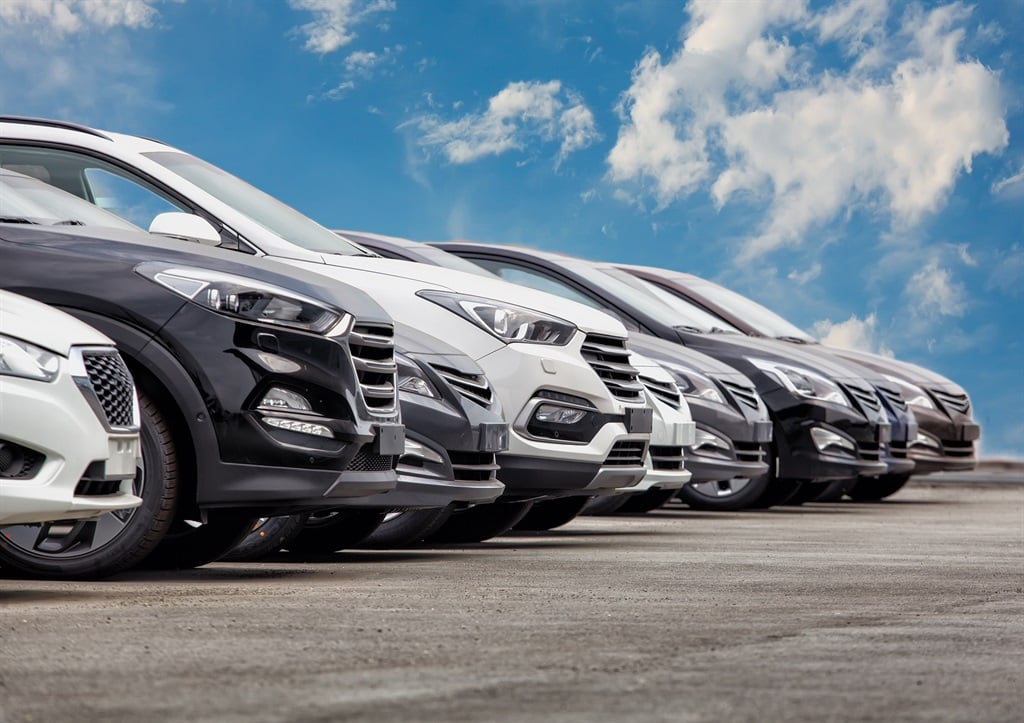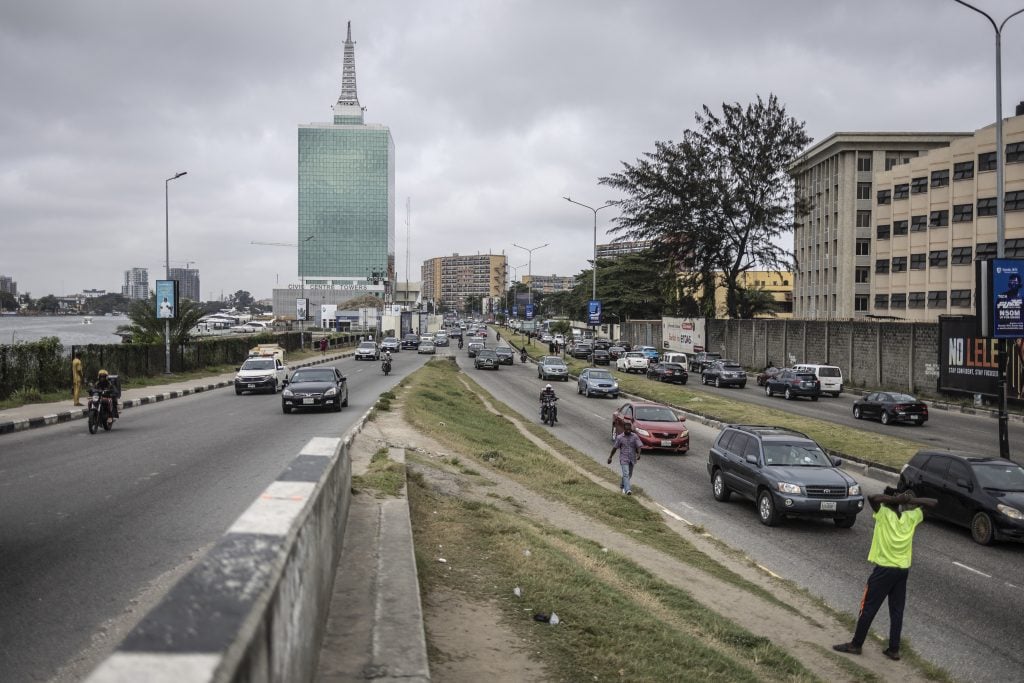
- Affordability is not just about being able to pay the monthly instalment, there are many other costs to owning a car.
- A car is generally not an asset and does not preserve value. A big advantage to buying a second-hand car is that someone else has absorbed the lion’s share of depreciation.
- An old car might put you at risk of breaking down, while a flashy new one might attract the attention of criminals.
- For more financial stories, go to the News24 Business front page.
Poor use of credit has turned the driver’s classic rite of passage on its head so that young adults often drive a very fancy set of wheels and find themselves driving a clapped-out old banger in their middle age.
Buying an expensive vehicle when you are starting out and pouring everything you have into it could leave you unable to build other more lasting assets like investments or to save to buy property. At a later age when there are more demands on your resources, your decision – possibly multiple decisions to buy as expensive a vehicle as you would with the credit a lender was willing to extend – may result in you being much poorer relatively than if you had just bought a more modest vehicle.
You can avoid this trap by doing proper research, shopping around and exercising common sense.
Here are some points to think about on the journey to vehicle ownership:
What repayments can you afford?
Since few of us can afford to buy a car outright, it is most likely you will have to use a vehicle financing loan to buy it. That means monthly repayments of both the capital and interest.
This may be the biggest expense in running a car, but remember it isn’t the only one and you will need a lot more than the instalment to keep your vehicle going.
A useful guideline that many financial advisers use is to look for a vehicle with a repayment that does not exceed 15% of your net monthly income.The institution you approach for vehicle finance may well be willing to lend you more than this. The amount they will lend you will depend on your income, an assessment of what you can afford and your credit report.
Additional costs
Besides the finance costs, you must pay for petrol, insurance, maintenance, annual licencing fees and parking. You should also expect repairs as a result of breakdowns, collisions, or even acts of nature.
Fuel: If you know how far you are likely to be driving, you may be able to work out your monthly fuel costs. If you already own a vehicle and are upgrading to a bigger one, consider how much more your fuel will cost.
Vehicle insurance
Insurance is not a luxury in South Africa, where the chances of being involved in a crash or having your car stolen are high. For this reason, insurance also costs a lot.
Comprehensive insurance covers you for accidents, fire and theft. You can get cheaper cover for damage in a fire, theft and third-party damages – damages caused to someone else’s vehicle in an accident. This will, however, leave you exposed to damages to your own vehicle from the biggest risk, namely being involved in an accident.
If you are financing your car, you will need insurance before you drive it away. The finance house will probably offer you a quote; do not feel obliged to accept it. Get other quotes. Ask questions, including about cover limits, excesses, and whether roadside assistance and replacement vehicle hire is included.
It is important to know if you are insured for:
- The retail value: what a dealership would sell that model for;
- The market value: what you would be able to sell your car for considering its age, mileage and so on; or
- The trade-in value: the average price a dealership would give you for your car as a trade in.
- Consider top-up insurance to settle any shortfall between what you are insured for and what you owe on the finance agreement. If your car is stolen just months after buying it and the insured value is less than the outstanding capital, you could find yourself paying for a car you don’t have.
Maintenance
Maintaining a vehicle is not cheap. Everything from the radiator to the windscreen wipers and brakes has a shelf life.
Generally, the more expensive the vehicle, the more expensive the parts. Local availability of parts can also add cost and hassle to servicing and repairs.
Credit life insurance
Your vehicle finance house will probably insist that you take out credit life insurance to cover your repayments if you die, are disabled or retrenched.
The right car for you
Make a list of what you need and another of what you want from a vehicle – is it something reliable and cost-effective to drive long distances for work, something that suits a growing family, a sporty two-door that suits just you, or you and your partner, or a four-wheel drive for weekend get-aways? What safety features are essential to you?
Evaluate vehicles against your list and consider all the expenses. Can you afford to buy what you want, or just the car that meets your needs?
Take time to do research, ask questions and test drive many vehicles. Don’t shy away from asking to look under the bonnet or test all the doors and windows. Ask about the fuel efficiency, safety ratings and get insurance quotes.
Try to keep an open mind: you might just discover that the pricey, well-known luxury brand is less of a fit for you than the new kid on the block that costs half the price.
Used or brand new?
There is that famous line that a new car loses half its value as it is driven away from the dealership. Maybe the depreciation is not 50 percent, but a new car has lost a chunk of its value by day two.
Buying a used car means someone else has absorbed the bulk of the depreciation. Unless you are buying something unusual or collectible, a car is not an asset and does not preserve value.
A demo model (a new car that is sold at a discount because it has been on the floor of a dealership and test driven by potential buyers) will have low mileage and feel as good as new, but you could get a 10 percent discount on a vehicle with 1500km on the clock.
If you decide on a new car, beware of agreeing to extras. Do you really need a sunroof, or a fancy in-car entertainment system that will add thousands to your repayments?
New cars sometimes come with maintenance plans, which can be great value. But make sure you understand what it covers and when it expires. If one isn’t included, ask about adding one and evaluate the cost relative to the savings, bearing in mind that there is likely to be fine print dealing with what is and isn’t covered.If you are buying a used car, find out everything you can. Go online and read reviews about the brand, the model, the year, the dealer/seller.
Ask questions: Is there a full service history? Has the car had many owners? Why, if it is such a “great little car”, has nobody hung on to it for more than a year? If you are using a dealer, ask to see checks done to prove the vehicle has not been reported as stolen or rebuilt after being written off.
What is the mileage? Wear and tear is a major factor in the reliability of a car. Most motor parts have just so many miles in them. If you are buying a much older car that “never breaks down” perhaps every part is nearing the end of its life.
Get a second opinion, ideally from someone who knows their way around cars.
Find out what is required to transfer the car into your name. Is a roadworthy certificate required? The seller may tell you not to worry about the warning light on the dashboard; the roadworthy centre might fail the vehicle because of it.
Don’t be afraid to ask for a better price, especially when buying from a dealership.
Does it make you more or less safe?
The profusion of cheap, online ride-hailing options is allowing many to rethink individual car ownership, but for many South Africans owning a car is still a matter of safety.
An old banger of a car that risks breaking down won’t be the best choice if you are worried about safety. But a flashy new car that attracts attention could also make you more vulnerable. In fact, many people avoid most frequently stolen brands altogether.
Whether you need a car to feel safe or to feel fabulous, or just to get from A to B, choosing carefully will potentially save you a lot of money and many regrets.
This article was first published on SmartAboutMoney.co.za, an initiative by the Association for Savings and Investment South Africa (ASISA).
News24 encourages freedom of speech and the expression of diverse views. The views of columnists published on News24 are therefore their own and do not necessarily represent the views of News24.
News24 cannot be held liable for any investment decisions made based on the advice given by independent financial service providers. Under the ECT Act and to the fullest extent possible under the applicable law, News24 disclaims all responsibility or liability for any damages whatsoever resulting from the use of this site in any manner.






Recent Comments